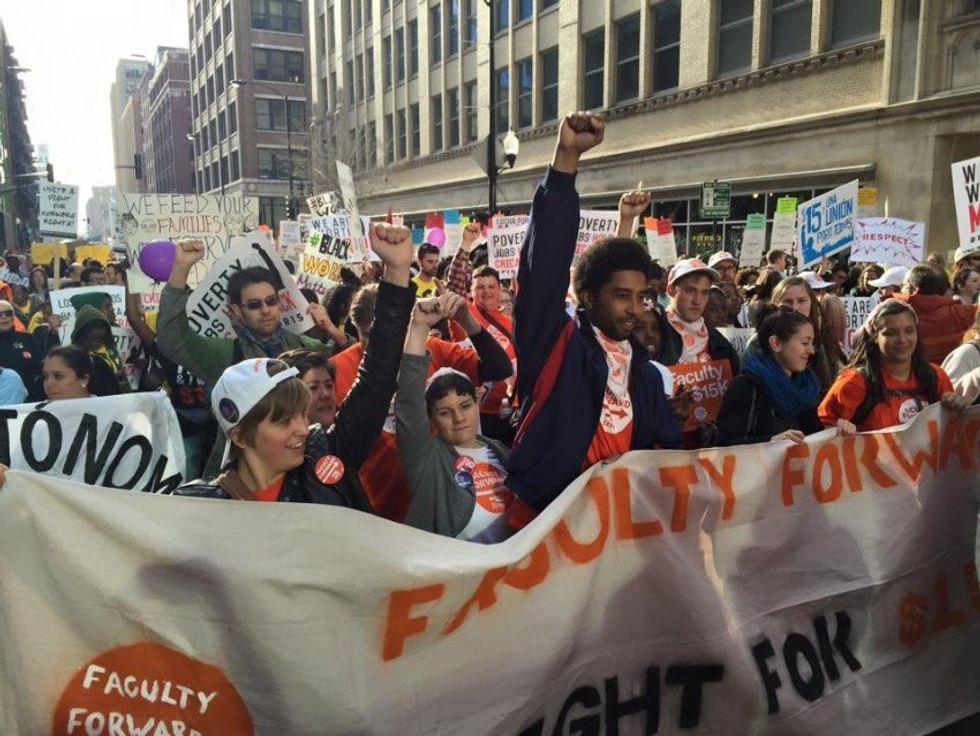At first glance the idea of a government mandated minimum wage of $15 an hour sounds like a viable solution for the many Americans who struggle to make ends meet working for minimum wage. It is an undeniable fact that many people are unable to cover the cost of living while working a minimum wage job. Implementing a government mandated $15 an hour minimum wage in an attempt to assist those same struggling individuals and families will in fact do just the opposite.
If a corporation is required to raise the wages of their workers above the natural wage that is dictated by supply and demand, a reduction in profit is sure to follow due to the increase cost of labor. The corporation will then attempt to offset this increased cost by implementing different ideas such as an increase in price of the good or service, automation of certain positions, a cut in the size of labor force, or a decrease in the amount of full time employees. An example of a corporation already making strides to counteract an anticipated increase in the cost of labor is McDonald's. The CEO Don Thompson released a statement late last year saying that by the third quarter of this year "McDonald's plans to introduce new technology in some markets "to make it easier for customers to order and pay for food digitally and pay for their orders." This movement toward automation inspired by the increase cost of labor will undoubtedly cause many people to lose their jobs to the machines replacing them. Other tactics which many large corporations are using in response to minimum wage hikes are cutting the hours of their current employees, moving the location of their business to an area that is not restricted by a higher minimum wage, or simply closing the location all together to avoid the increase in labor cost. Borderlands Books located in Seattle had to go out of business citing the increased cost of labor from the $15 an hour wage as the primary reason. In all of the above cases in an attempt to better the employment opportunities of the unskilled labor force in many instances led to a reduction in the amount of employment opportunities altogether.
At the end of day the there is a distinct difference between skilled and unskilled labor within the workforce. The types of unskilled jobs that pay minimum wage were never intended to be careers that support a family or the living wage. A true solution to the problem should involve educating and teaching skills to the unskilled members of the workforce in order to truly earn a higher wage. In the end instead of helping individuals and families offset the cost of living the "Fight for $15" will only destroy valuable employment opportunities for the people that need it most.





















